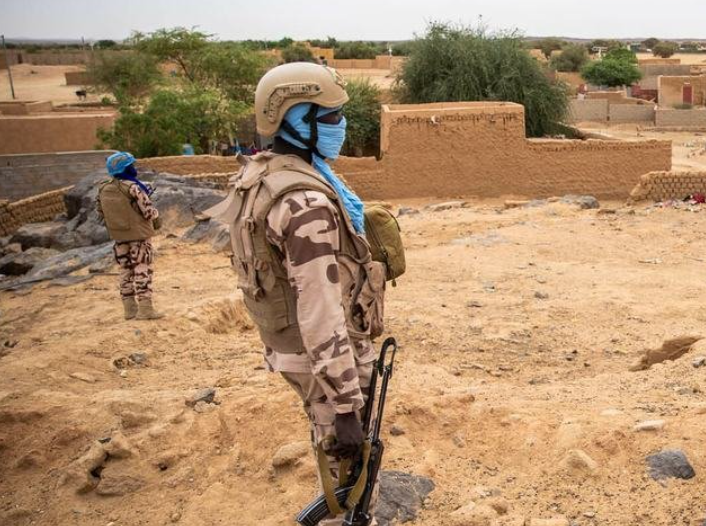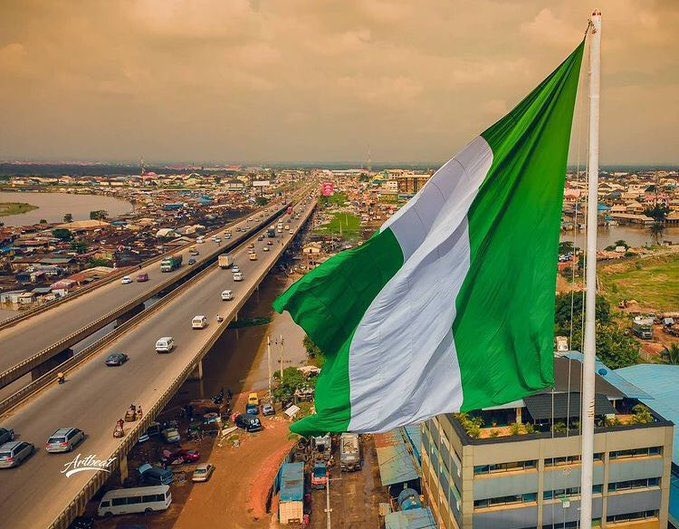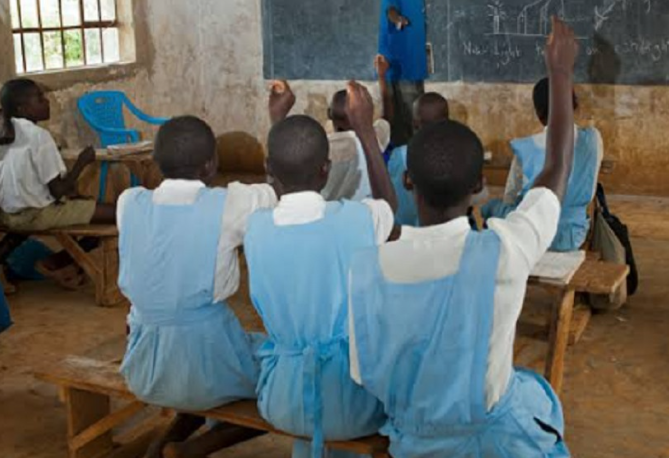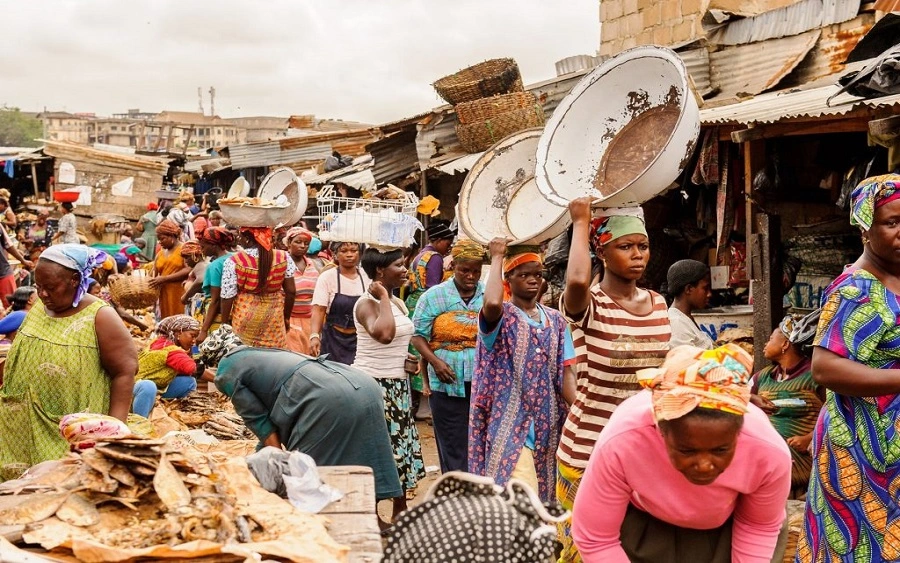BY OLALEKAN BABATUNDE
Every 21st day of September was declared by the United Nations General Assembly to commemorate peace by the Resolution 55/282 in September 2002. It is devoted to strengthen the ideals of peace, both within and among all nations and peoples, and thus urges member states to ensure its observance. Nigeria is joining other countries to mark the day.
This year’s theme is ‘Action for Peace: Our Ambition for the #GlobalGoals’, which is a call to action that our individual and collective efforts to foster peace should be accelerated to realise global goals including the sustainable development goals (SDGs). It is also a push for us to recognise how our individual and collective actions can affect and foster global peace.
But while we are celebrating peace and reminding ourselves of the need to promote peace in places where conflict and violence are common, it is important to underscore the fact that there is no way there will not be conflict or dispute in our world. Putting it succinctly, conflict must exist in our everyday lives. Brad Pitt aptly describes it as, “happiness is overrated. There has to be conflict in life.” We live in the world of conflict. We must experience conflict or disagreement individually and collectively. Within our system (body, soul and spirit), there are times we feel conflict personally. Collectively, there are conflicts over beliefs, views and positions.
Advertisement
Thus, conflict is bound to happen. It is a common saying that conflict is natural. Without conflict, there will be no development. That is what the father of peace studies, Johan Galtung, describes as “positive conflict”. Positive conflict is constructive in nature such as restoration of relationships and the creation of social systems that serve the need of the whole population and the constructive resolution of conflict. It produces ideas, solves problems, provides an opportunity for people to expand their knowledge, skills and fosters creativity. It is when opposing ideas explored that a breakthrough in thinking can occur. There is no story if there is not some conflict. Thomas Paine says “the harder the conflict, the more glorious the triumph”. The Chinese see conflict as an opportunity.
So as we celebrate the Day, it is necessary to always remember Ronald Reagan’s saying that “peace is not absence of conflict, it is the ability to handle conflict by peaceful means.” Since conflict will occur, we should handle or resolve it peacefully. We should avoid being physical or violent. That is, we should never let the conflict lead us to killing, destruction, displacement, violate people’s rights and casting aspersion on other people, and so on.
Unfortunately, Nigeria has grappled with this ugly side of conflict. Individuals, groups and communities have resorted to violence because of competition over scarce resources, or seeming irreconcilable differences. Their use of force has destroyed millions of lives, livelihoods and property over conflict that should have been prevented, managed or resolved amicably. We have allowed our mindsets, emotions, and behaviours to work against us, and national interest. Our conflict habits have got us into trouble and therefore distorted Nigeria’s growth and development. The escalation of violence has made Nigeria infamous from terrorism; communal, ethnic and religious conflict; secessionism and cultism.
Advertisement
Therefore, as we celebrate this year’s International Day of Peace, let us eschew violence as we experience conflict in our day-to-day activities. Conflict is inevitable even in the best of relationships and work environments. Rather than giving up and make things worse, we can adopt a set of skills that produce better outcome for every party involved in the conflict. Our emotions can work against us sometimes, but remember to be calm, feel the inner peace and be peaceful to others. Negotiation, mediation and other forms of dialogue and conflict management strategies can be embraced to peacefully resolve conflict, and prevent bloodshed. Let us avoid politicisation of conflict but instead develop a win-win situation to conflict resolution.
From today on, let us pledge we shall be kind to ourselves by avoiding speaking angrily to one another or undermining others. If we stay in an empathetic frame of mind with others; we too will have peace of mind. This means that we should see conflict through our eyes. Nigerians should be sensitive to others’ position and perspective. Communication plays a critical role in these processes and forging mutual agreements. In all this, let us use today to remember that since there is no way there will not be conflict, it is our humanity’s obligation to promote peaceful resolution to conflict. One can say peace is a well-managed social conflict.
Let us avoid killing or destroying one another over what seems “an irreconcilable conflict”. Once our conflict is well managed, all our individual and collective actions for peace and ambitions for the global goals including the SDGs and Nigerian government’s policies and programmes will be realised. The legitimate needs and interests of all would be responded to if we give peace a chance. The citizens and non-citizens alike will be better for it.
I congratulate every Nigerian and other residents, and to say “Happy Peace Day”.
Advertisement
Babatunde is a part-time professor at the Zhejiang Normal University, China, and a peacebuilder at the Nigeria’s Institute for Peace and Conflict Resolution, Abuja. He writes via [email protected]
Views expressed by contributors are strictly personal and not of TheCable.
Add a comment






